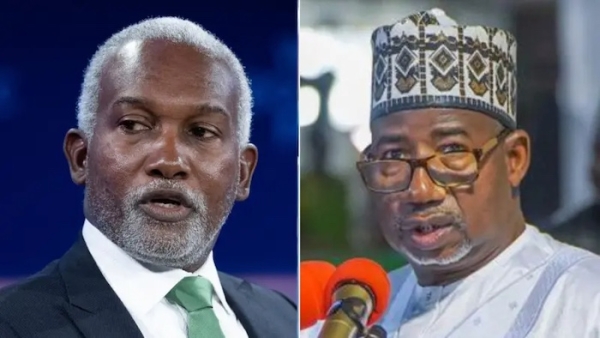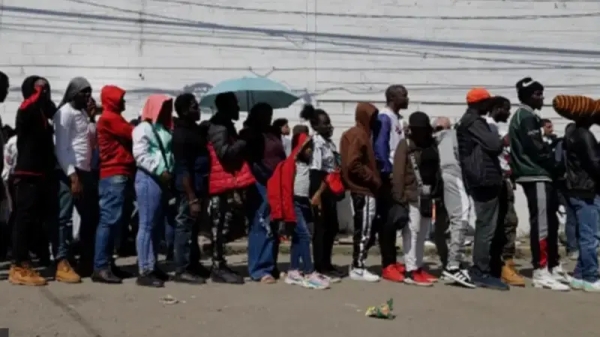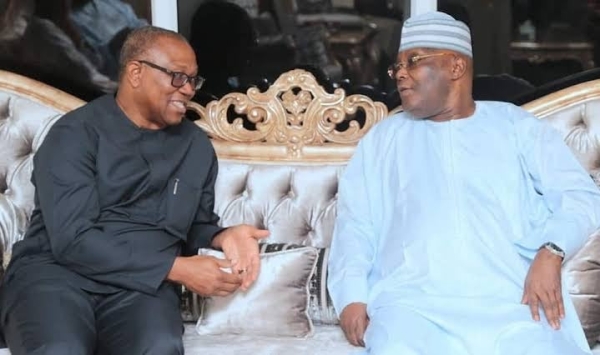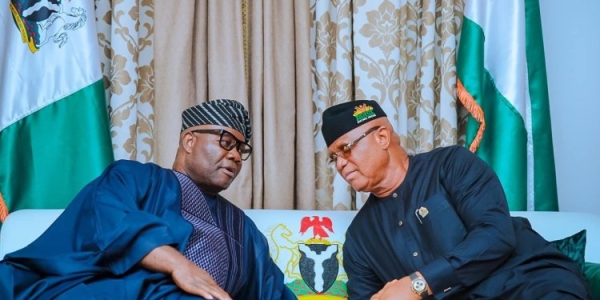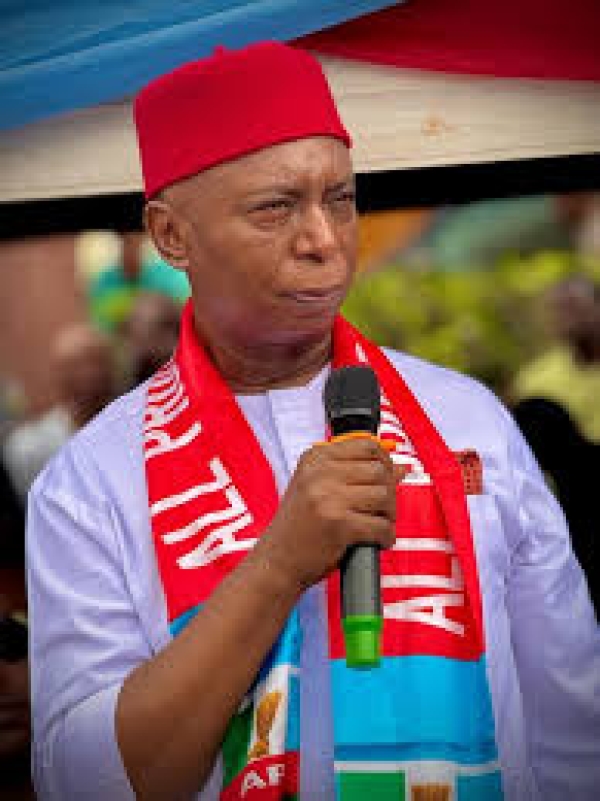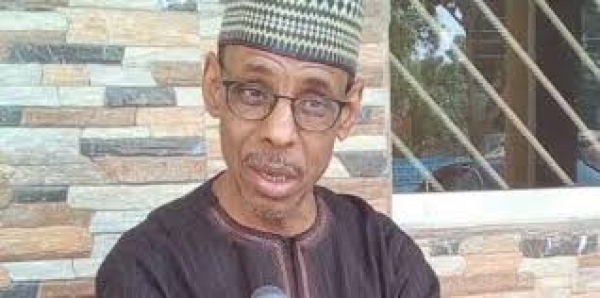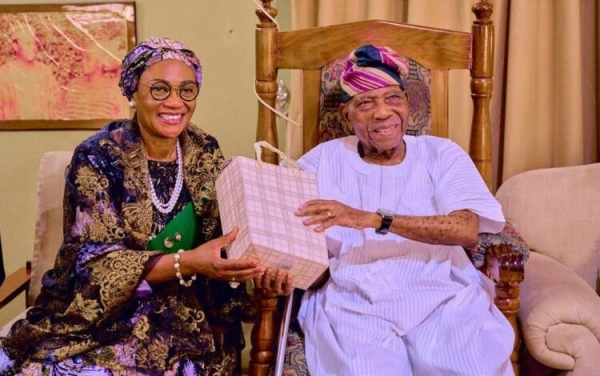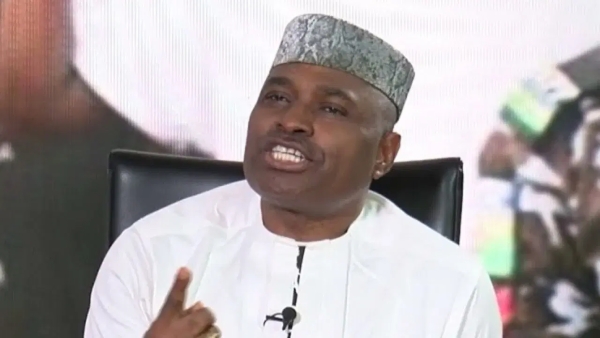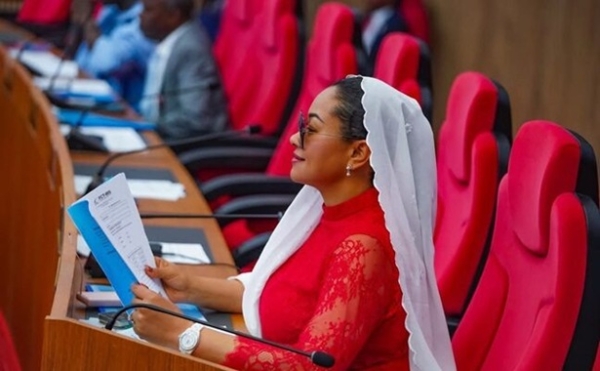TOP NEWS
Reuben's View
Latest News
Search
MOST READ
-
2027: The Only Southern Candidate That Can Take On Tinubu Is Not Ready To Stress Himself – Momodu
-
Obi Cubana’s Adopted Son Takes Action As Billionaire Dismisses ‘Next Of Kin’ Claims
-
‘If A Believer Mixes With The Poor, Everybody Should Be Angry’ – Pastor Ibiyeomie
-
₦10 Billion Aso Rock Solar Grid: Tinubu Is Building Comfort For Himself, Leaving Citizens In Dark – PDP Chieftain
-
2027: Tinubu’ll not lose an election he conducts – Deji Adeyanju
-
President Tinubu Holds Emergency Closed-Door Session With Security Chiefs
-
Wike summons FCTA, Julius Berger officials over unauthorised subcontract
-
[OPINION] Who Is Playing Rivers State Like A Political Chessboard? - Isaac Asabor
-
Osun Rep, Oluwole Oke resigns from PDP
-
[OPINION] Blimey, Opposition Governors Rooting for Tinubu’s Re-election! - Pius Mordi
-
Tension in Bauchi as Deputy Governor Slaps Tinubu’s Minister Tuggar
756 times -
Panic as U.S. cancels visas for Nigerian, other international students
634 times -
2027: Obidients take stand as coalition plots Atiku for one term, Peter Obi as VP
606 times -
24 Hours After Backing Tinubu, Akpabio Endorses PDP’s Governor Eno for Second Term
544 times -
I Joined APC Because Tinubu Promised Me Anioma State – Ned Nwoko
508 times -
‘Conducting bad election in 2027 might lead to Nigeria’s end’ - Baba-Ahmed warns
490 times -
I’m satisfied with what Tinubu is doing in Nigeria – Afenifere leader Fasoranti
485 times -
Whoever Is Against A Coalition In 2027 Is An Agent To Tinubu – Kenneth Okonkwo
468 times -
Gunmen Attack Senator Natasha Akpoti’s Family Residence
442 times -
MultiChoice Unveils Affordable Weekly DStv, GOtv Subscriptions
417 times








![[OPINION] Pope Francis (1936 – 2025) - Reuben Abati [OPINION] Pope Francis (1936 – 2025) - Reuben Abati](https://mail.reubenabati.com.ng/cache/mod_bt_contentslider/9df20a858100040a45e2fc6915d65f41-c0395aa98d8919afead20f020215aa2b_XL.jpg)
![[OPINION] Plateau, Tsiga and Trump - Reuben Abati [OPINION] Plateau, Tsiga and Trump - Reuben Abati](https://mail.reubenabati.com.ng/cache/mod_bt_contentslider/d4ff657a4976c08f133a5993db7ca3de-076f7f795e47e1dc74a28ca93d3c698e_XL.jpg)
![[OPINION] The Uromi 16 And The Problem With Nigeria - Reuben Abati [OPINION] The Uromi 16 And The Problem With Nigeria - Reuben Abati](https://mail.reubenabati.com.ng/cache/mod_bt_contentslider/848d0c6943c9a9cb7639e8f5640d2cbf-4b585f7414a3fc875b761851d4c5fcd4_XL.jpg)
![[OPINION] Breakfast With The Soludos - Reuben Abati [OPINION] Breakfast With The Soludos - Reuben Abati](https://mail.reubenabati.com.ng/cache/mod_bt_contentslider/a98b5c30f61dcb10378fdba9f5e472ab-33b747862875f50d863e709f5955da5d_XL.jpg)
![[OPINION] The Emerging Coalition Against Tinubu/APC - Reuben Abati [OPINION] The Emerging Coalition Against Tinubu/APC - Reuben Abati](https://mail.reubenabati.com.ng/cache/mod_bt_contentslider/ddd6416fbaa008a5bcbc568f0e3c8857-02972c9f0dee40a6ad85830afbb49758_XL.jpg)
![[OPINION] Nasir El-Rufai’s Defections: PDP, CPC, APC, SDP - Reuben Abati [OPINION] Nasir El-Rufai’s Defections: PDP, CPC, APC, SDP - Reuben Abati](https://mail.reubenabati.com.ng/cache/mod_bt_contentslider/817d1e0c4d951b18f15f406968204870-61d46cc1859ac5d4f70406214a7d7e4f_XL.jpg)
![[OPINION] A World Of Godfathers - Reuben Abati [OPINION] A World Of Godfathers - Reuben Abati](https://mail.reubenabati.com.ng/cache/mod_bt_contentslider/f282a08e8e116be2577cc430882505bc-6d66582218d28730d47a7b9a32e18004_XL.jpg)
![[OPINION] Babangida’s Book - Reuben Abati [OPINION] Babangida’s Book - Reuben Abati](https://mail.reubenabati.com.ng/cache/mod_bt_contentslider/c8905774fa75570e79f747809f6c142f-4452414e756ce827f8bc4b72b9376062_XL.jpg)
![[OPINION] Ayo Adebanjo and Alaperu Basibo: In Requiem - Reuben Abati [OPINION] Ayo Adebanjo and Alaperu Basibo: In Requiem - Reuben Abati](https://mail.reubenabati.com.ng/cache/mod_bt_contentslider/32644a58ca6a6a9730d34e04e0b971d4-29f647f2f922ae7f6d08ba2b3025e7df_XL.jpg)
![[OPINION].The Coming Food Revolution In Lagos - Reuben Abati [OPINION].The Coming Food Revolution In Lagos - Reuben Abati](https://mail.reubenabati.com.ng/cache/mod_bt_contentslider/a460cd374cf73b084bed0ea4a95f3470-f0e6dbf155e463f366df4402ca7102d3_XL.jpg)
![[OPINION] From Trump to Grammy Blues - Reuben Abati [OPINION] From Trump to Grammy Blues - Reuben Abati](https://mail.reubenabati.com.ng/cache/mod_bt_contentslider/68a7f0df2b79f07ef9aa4da35fd3551f-a59719664df1d85791c7a182eca4b6a0_XL.jpg)
![[OPINION] Tanker Explosions, Avoidable Deaths - Reuben Abati [OPINION] Tanker Explosions, Avoidable Deaths - Reuben Abati](https://mail.reubenabati.com.ng/cache/mod_bt_contentslider/d2e1e077711de20c5c40eeecc39c245f-8aaa25cc2241805d2decc75cc3486ec5_XL.jpg)
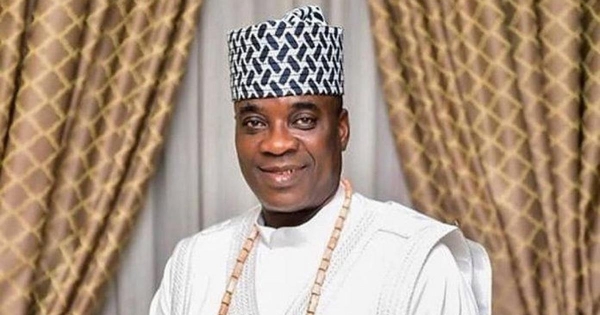
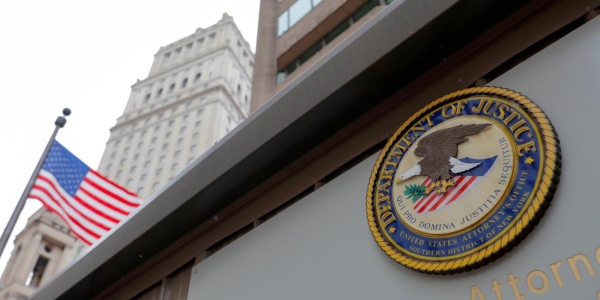
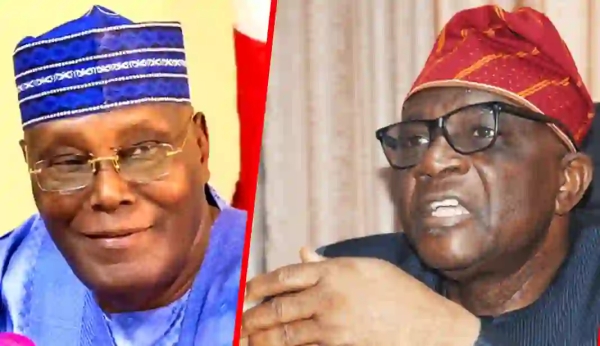
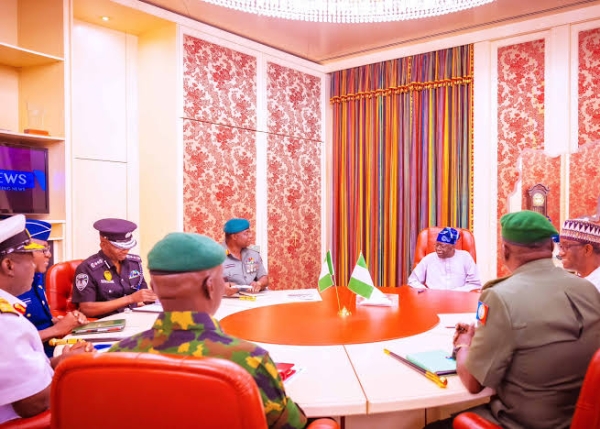
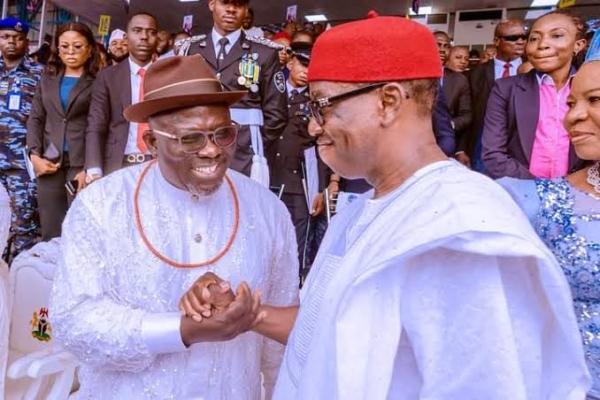

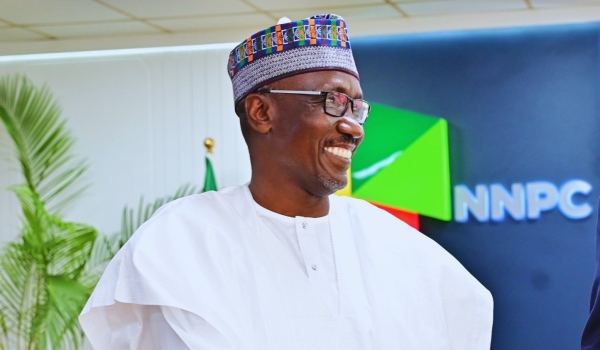
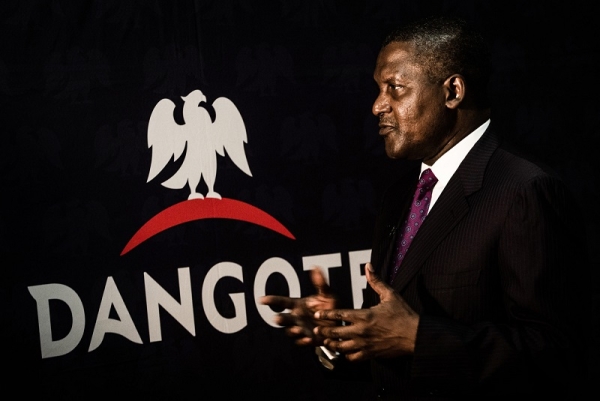
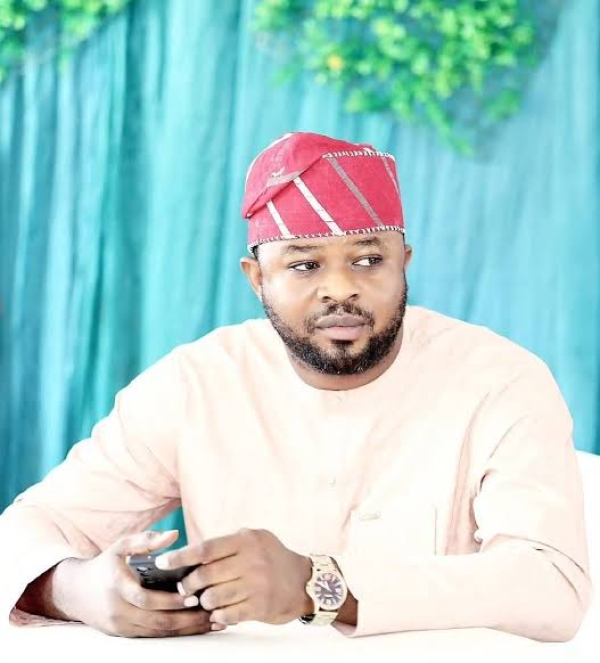
![[OPINION] Blimey, Opposition Governors Rooting for Tinubu’s Re-election! - Pius Mordi](https://mail.reubenabati.com.ng/media/k2/items/cache/79ea8eb489ebbf7d1410566cd593483b_XL.jpg?t=-62169984000)
![[OPINION] The Freudian Slip That Exposed the Seat: Wike, Tinubu, and Rivers State - John Egbeazien Oshodi](https://mail.reubenabati.com.ng/media/k2/items/cache/9f673578db933ab31efc4a31f4852676_XL.jpg?t=-62169984000)
![[OPINION] Who Will Break The Self-Destructive Jinx In PDP Before 2027? - Isaac Asabor](https://mail.reubenabati.com.ng/media/k2/items/cache/202e39fd60d2b8217a5829fcc476ec2e_XL.jpg?t=-62169984000)
![[OPINION] Mr. President, Don’t Let the Cry from Rivers Eclipse Your Legacy - John Egbeazien Oshodi](https://mail.reubenabati.com.ng/media/k2/items/cache/569d0ba5fa51f60a707946ecf7f13e29_XL.jpg?t=-62169984000)

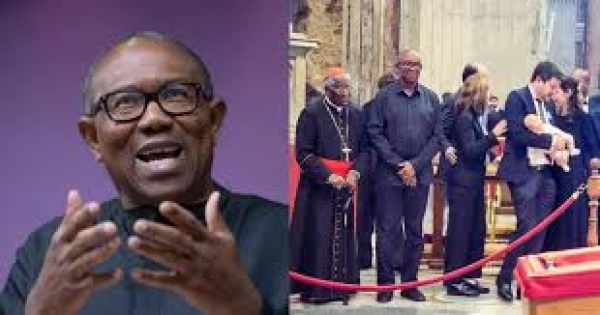
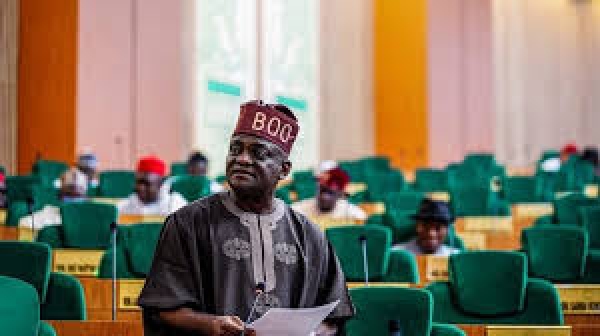
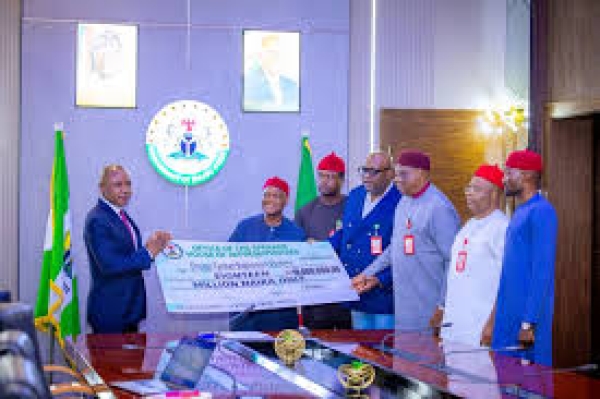
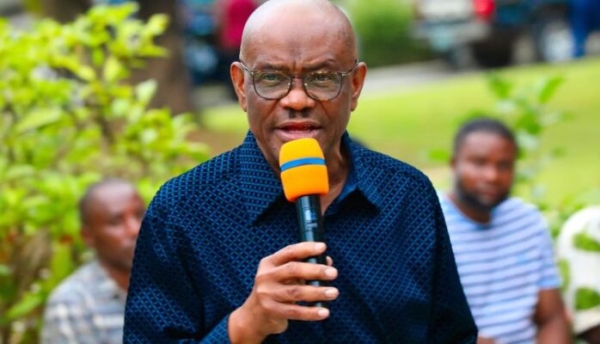
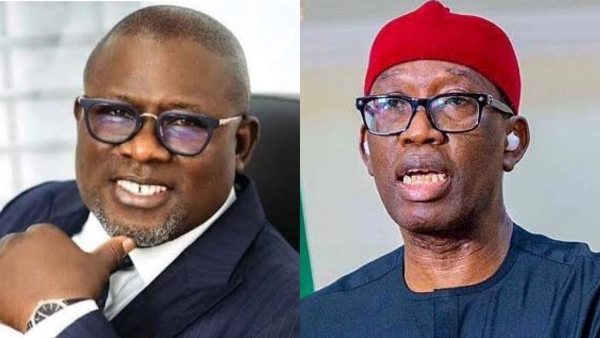
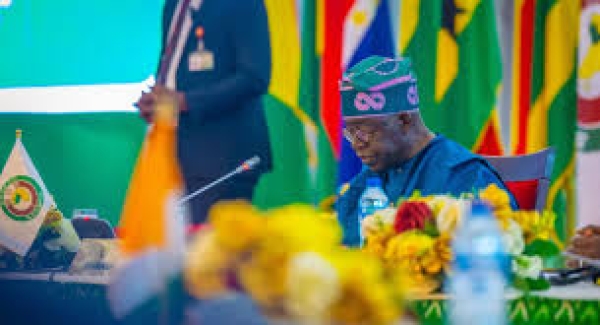
![[OPINION] Good Governance and Development in Nigeria Compared to Some African and Global Countries - Sonny Iroche](https://mail.reubenabati.com.ng/media/k2/items/cache/242f0b4ea29d7fa4a1f2d271eb99a93f_XL.jpg?t=-62169984000)
![[OPINION] My Response To Gov. Caleb Mutfwang's Response - Femi Fani-Kayode](https://mail.reubenabati.com.ng/media/k2/items/cache/4007f30b4bfe55627032dcdd3bb09adc_XL.jpg?t=-62169984000)
![[OPINION] The National Population Census and the 2027 Presidential Election: Governance or Political Calculation? - Umar Sani](https://mail.reubenabati.com.ng/media/k2/items/cache/e3d80f65970c7d9aa705c8c0634a643b_XL.jpg?t=-62169984000)
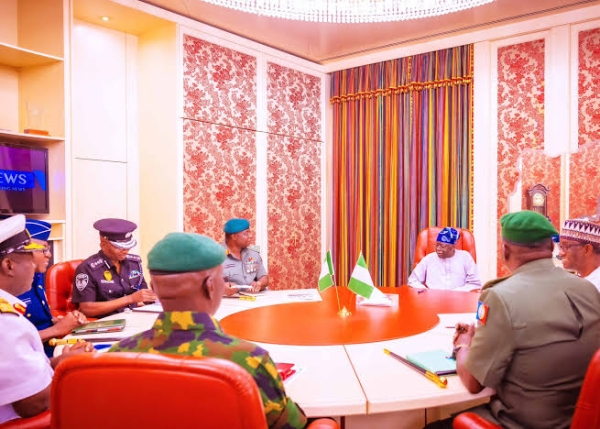
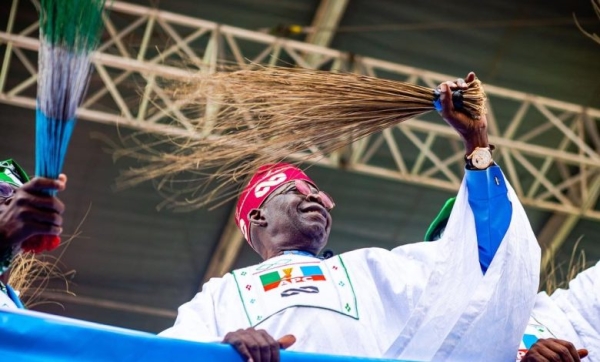
![[OPINION] A Dialogue In Accountability: Soludo Takes Score Card To EU/UK Ndi Anambra - Christian Aburime](https://mail.reubenabati.com.ng/media/k2/items/cache/6427105e8a00742b478d5358dbd6affd_XL.jpg?t=-62169984000)

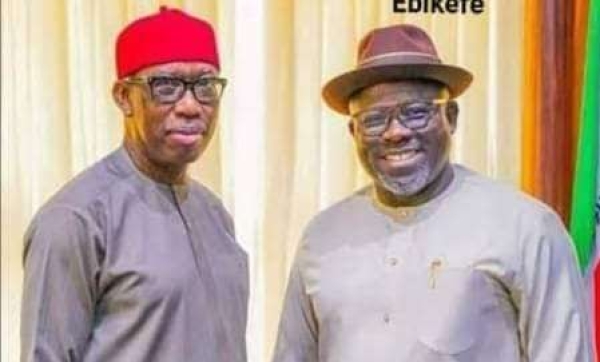
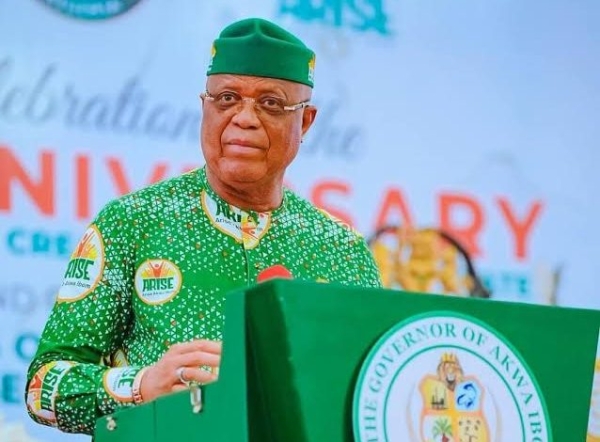
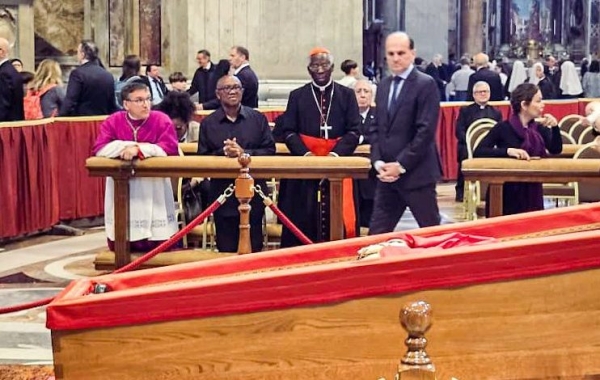

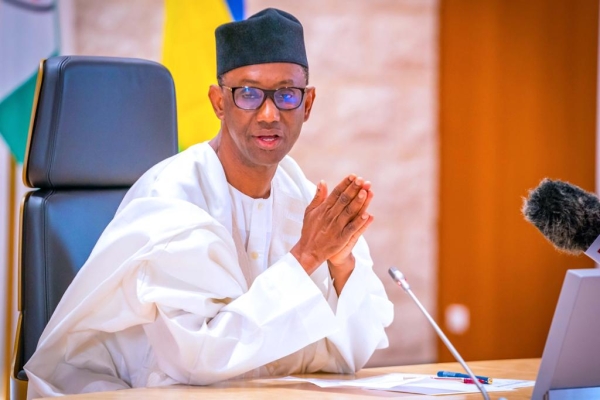
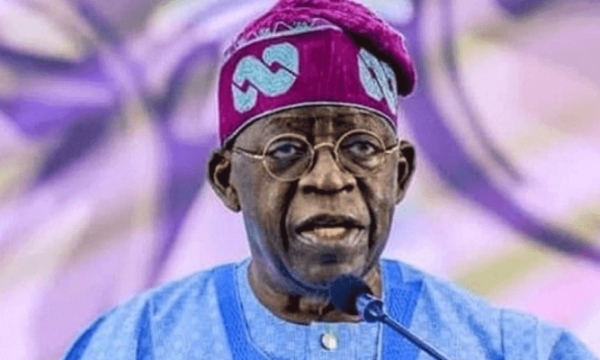




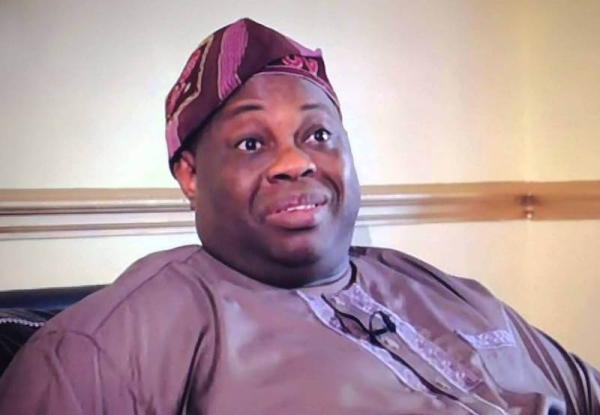










![[OPINION] Blimey, Opposition Governors Rooting for Tinubu’s Re-election! - Pius Mordi [OPINION] Blimey, Opposition Governors Rooting for Tinubu’s Re-election! - Pius Mordi](https://mail.reubenabati.com.ng/cache/mod_bt_contentslider/ec134f94f2f3f212047ffe86b8b5acba-79ea8eb489ebbf7d1410566cd593483b_XL.jpg)
![[OPINION] The Freudian Slip That Exposed the Seat: Wike, Tinubu, and Rivers State - John Egbeazien Oshodi [OPINION] The Freudian Slip That Exposed the Seat: Wike, Tinubu, and Rivers State - John Egbeazien Oshodi](https://mail.reubenabati.com.ng/cache/mod_bt_contentslider/4239d82426dc760a513065ba4a83246f-9f673578db933ab31efc4a31f4852676_XL.jpg)
![[OPINION] Who Will Break The Self-Destructive Jinx In PDP Before 2027? - Isaac Asabor [OPINION] Who Will Break The Self-Destructive Jinx In PDP Before 2027? - Isaac Asabor](https://mail.reubenabati.com.ng/cache/mod_bt_contentslider/fc86adfed8ed105dfeee2e78f676115b-202e39fd60d2b8217a5829fcc476ec2e_XL.jpg)
![[OPINION] Mr. President, Don’t Let the Cry from Rivers Eclipse Your Legacy - John Egbeazien Oshodi [OPINION] Mr. President, Don’t Let the Cry from Rivers Eclipse Your Legacy - John Egbeazien Oshodi](https://mail.reubenabati.com.ng/cache/mod_bt_contentslider/bd43e8cc0a6db7ac1ea493fea483cbad-569d0ba5fa51f60a707946ecf7f13e29_XL.jpg)







![[OPINION] Good Governance and Development in Nigeria Compared to Some African and Global Countries - Sonny Iroche [OPINION] Good Governance and Development in Nigeria Compared to Some African and Global Countries - Sonny Iroche](https://mail.reubenabati.com.ng/cache/mod_bt_contentslider/6c11dd7f84bc897da88e835fa8cb4b8f-242f0b4ea29d7fa4a1f2d271eb99a93f_XL.jpg)
![[OPINION] My Response To Gov. Caleb Mutfwang's Response - Femi Fani-Kayode [OPINION] My Response To Gov. Caleb Mutfwang's Response - Femi Fani-Kayode](https://mail.reubenabati.com.ng/cache/mod_bt_contentslider/e70ca8f50f666d27c1eed9673061e1f8-4007f30b4bfe55627032dcdd3bb09adc_XL.jpg)
![[OPINION] The National Population Census and the 2027 Presidential Election: Governance or Political Calculation? - Umar Sani [OPINION] The National Population Census and the 2027 Presidential Election: Governance or Political Calculation? - Umar Sani](https://mail.reubenabati.com.ng/cache/mod_bt_contentslider/cc7610af3ac07cc5bec7e32e61db718e-e3d80f65970c7d9aa705c8c0634a643b_XL.jpg)


![[OPINION] A Dialogue In Accountability: Soludo Takes Score Card To EU/UK Ndi Anambra - Christian Aburime [OPINION] A Dialogue In Accountability: Soludo Takes Score Card To EU/UK Ndi Anambra - Christian Aburime](https://mail.reubenabati.com.ng/cache/mod_bt_contentslider/756354ed1b778798112e7d9fae4c7037-6427105e8a00742b478d5358dbd6affd_XL.jpg)
















![[OPINION] Umo Eno, Tinubu and the 2027 election - Etim Etim [OPINION] Umo Eno, Tinubu and the 2027 election - Etim Etim](https://mail.reubenabati.com.ng/cache/mod_bt_contentslider/f0cccd57cf57d4cae0d741f777f15a99-fd99d80c961a86373f9d28b968f6146b_XL.jpg)
![[OPINION] Farewell to the People’s Pope - Kayode Komolafe [OPINION] Farewell to the People’s Pope - Kayode Komolafe](https://mail.reubenabati.com.ng/cache/mod_bt_contentslider/660737f79948a3766fcc79c4330ef1e9-b21a2b0dd13424bd55d0fb892b093b7d_XL.jpg)
![[OPINION] Kukah’s 2025 Easter Message: Worth Digesting And Ruminating Over - Isaac Asabor [OPINION] Kukah’s 2025 Easter Message: Worth Digesting And Ruminating Over - Isaac Asabor](https://mail.reubenabati.com.ng/cache/mod_bt_contentslider/0e0e26e54770a1c562b5c5e6ae86820a-3c83687528bf738a6689d2939de3195f_XL.jpg)
![[OPINION] Who Is Playing Rivers State Like A Political Chessboard? - Isaac Asabor [OPINION] Who Is Playing Rivers State Like A Political Chessboard? - Isaac Asabor](https://mail.reubenabati.com.ng/cache/mod_bt_contentslider/c5af73b2ba26c77870d76fafea73bffd-64037d72f9b71c54c42388c798407d4e_XL.jpg)





![[OPINION] For AI, another layer in the stack? - Okoh Aihe [OPINION] For AI, another layer in the stack? - Okoh Aihe](https://mail.reubenabati.com.ng/cache/mod_bt_contentslider/0c2d2c111ed037636c974e3ce251dee4-d572f8ed870f6b796f01d0d40d25b504_XL.jpg)

![[OPINION] Francis: Epitome of Simplicity and Friend of the Poor, Undaunted by Controversy - Paul Ejime [OPINION] Francis: Epitome of Simplicity and Friend of the Poor, Undaunted by Controversy - Paul Ejime](https://mail.reubenabati.com.ng/cache/mod_bt_contentslider/22b142315cba9d5563f9b90d14c2c1f3-5649c72afc8420a6a0391d29304e640d_XL.jpg)






























![[OPINION] Pope Francis (1936 – 2025) - Reuben Abati [OPINION] Pope Francis (1936 – 2025) - Reuben Abati](https://mail.reubenabati.com.ng/cache/mod_bt_contentslider/c754bcf3ac813ac4b703adea8cc1508e-c0395aa98d8919afead20f020215aa2b_XL.jpg)


![[OPINION] Insecurity Scourge: Can Civilians Owning CCTV or Bearing Arms End It? - Magnus Onyibe [OPINION] Insecurity Scourge: Can Civilians Owning CCTV or Bearing Arms End It? - Magnus Onyibe](https://mail.reubenabati.com.ng/cache/mod_bt_contentslider/08e0c1c2402bfb61fc9ad638180bf740-3b6944f3b3a9e6fc77bcd0e678274310_XL.jpg)



![[OPINION] Insecurity: Waking Those who do not Know what it Means to be Awake - Ayisha Osor [OPINION] Insecurity: Waking Those who do not Know what it Means to be Awake - Ayisha Osor](https://mail.reubenabati.com.ng/cache/mod_bt_contentslider/ba506d6b0b89429583e093fd4e19cb80-6cf4ff1d11b1f27ef236ab147e051aa7_XL.jpg)
![[PRESS RELEASE] Governor Soludo Mourns Pope Francis, Consoles Catholic Faithful [PRESS RELEASE] Governor Soludo Mourns Pope Francis, Consoles Catholic Faithful](https://mail.reubenabati.com.ng/cache/mod_bt_contentslider/d431edaf58a431cb3a517a64a827d5f7-ec52fbbdc9480e7d82695a4efcffbb78_XL.jpg)









![[OPINION] This Muftwang has much to learn - Femi Fani-Kayode [OPINION] This Muftwang has much to learn - Femi Fani-Kayode](https://mail.reubenabati.com.ng/cache/mod_bt_contentslider/0f7cdee779d7ab4c88300150edd020e8-ff93a1824e0b611280d34edd435b46fe_XL.jpg)
![[PRESS RELEASE] Unfounded Reports On Concession Of Enugu International Airport [PRESS RELEASE] Unfounded Reports On Concession Of Enugu International Airport](https://mail.reubenabati.com.ng/cache/mod_bt_contentslider/1a8791db590106b62a7614e3e08d13d5-e2eb7603a015dddc5b610f67b0036608_XL.jpg)



![[OPINION] The president is my brother, I shall not talk… - Lasisi Olagunju [OPINION] The president is my brother, I shall not talk… - Lasisi Olagunju](https://mail.reubenabati.com.ng/cache/mod_bt_contentslider/63dc5950eba420490a6742f1a634b6a9-4d9d8ba37d377dd6841663459e02afcc_XL.jpg)
![[OPINION] Choices, Not Chance:Why China Is Rich, and Nigeria Is Poor - Dakuku Peterside [OPINION] Choices, Not Chance:Why China Is Rich, and Nigeria Is Poor - Dakuku Peterside](https://mail.reubenabati.com.ng/cache/mod_bt_contentslider/d7cf3bce3618db4a4f5969bccf333173-053e3675f46864d91d1781e9b4c73593_XL.jpg)







![[OPINION] Nigerians served peculiar mess, a la carte - Owei Lakemfa [OPINION] Nigerians served peculiar mess, a la carte - Owei Lakemfa](https://mail.reubenabati.com.ng/cache/mod_bt_contentslider/ca1d421002946b8c45fdea3d7798f588-132ee9e54dcb7c442a79a0b8406b4c0e_XL.jpg)


![[OPINION] Rivers emergency declaration: After six months, what next? - Temidayo Akinsuyi [OPINION] Rivers emergency declaration: After six months, what next? - Temidayo Akinsuyi](https://mail.reubenabati.com.ng/cache/mod_bt_contentslider/210c2fc4ecfe388769f856e58613f9db-78babc203435bb35420fcae29ade1668_XL.jpg)
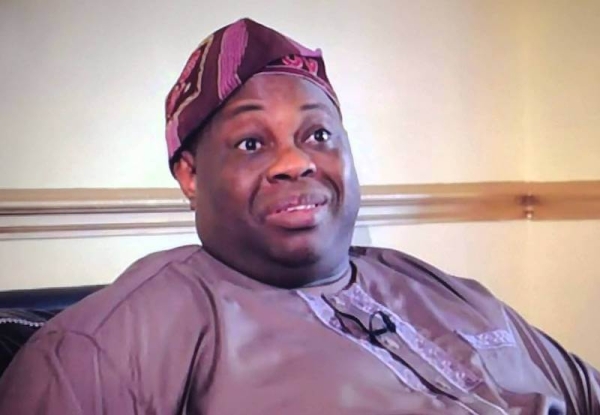

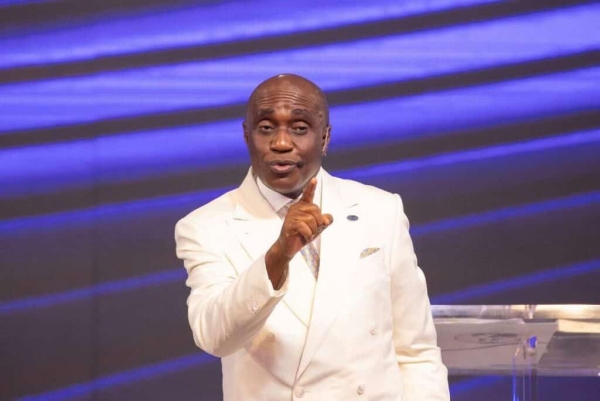
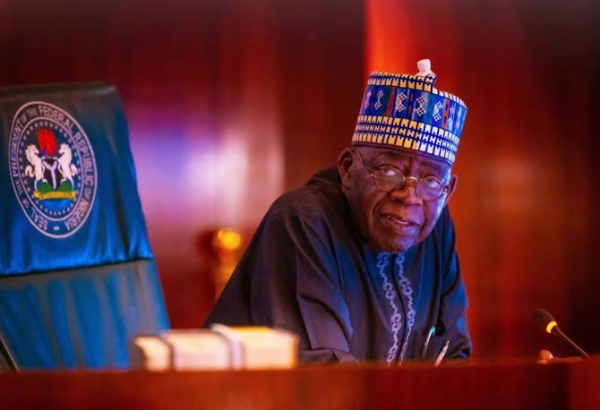
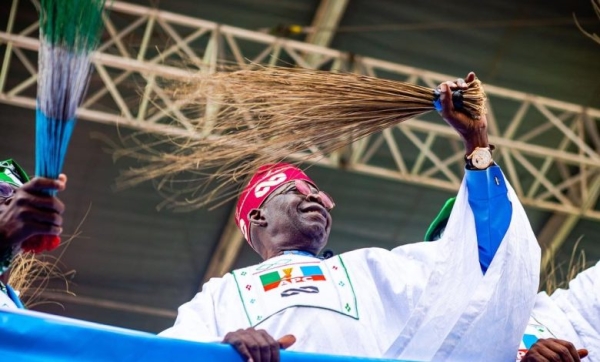
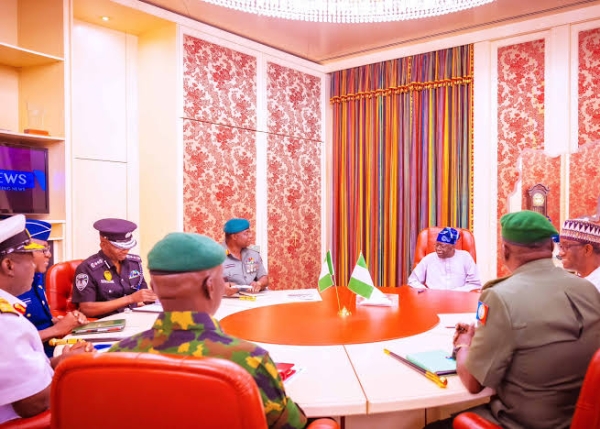
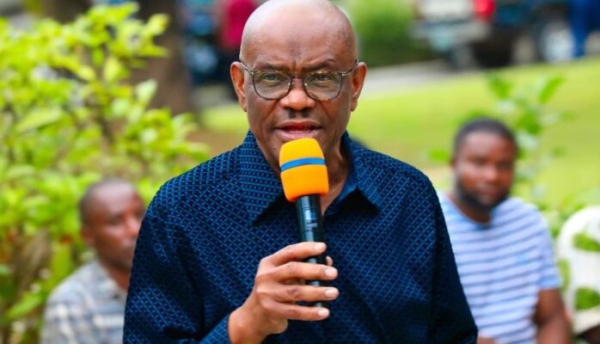
![[OPINION] Who Is Playing Rivers State Like A Political Chessboard? - Isaac Asabor](/media/k2/items/cache/64037d72f9b71c54c42388c798407d4e_XL.jpg)
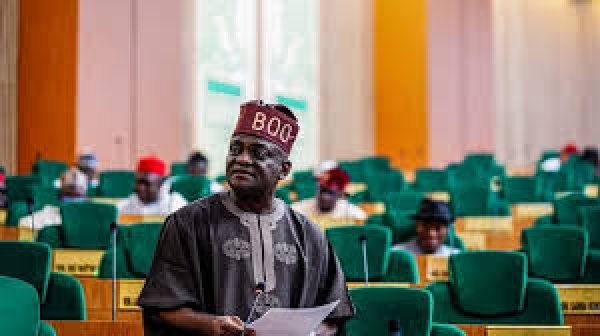
![[OPINION] Blimey, Opposition Governors Rooting for Tinubu’s Re-election! - Pius Mordi](/media/k2/items/cache/79ea8eb489ebbf7d1410566cd593483b_XL.jpg)
